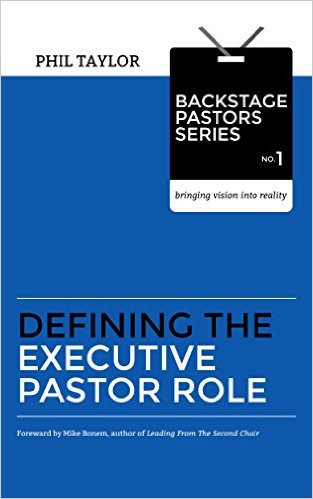Great Books 2017
Great Books for 2017
Crisis Leadership: Personal Accounts From Leaders Who Found Their Way and Thrived
Scott Barfoot and David Fletcher–Editors
Crisis Leadership takes a fresh and compelling look inside the hearts, minds and personal stories of nine remarkable leaders who battle challenging crises in the frontlines of life and ministry. This short read is packed full of vital wisdom, hope and encouragement to help you be even more effective in your place of leadership.
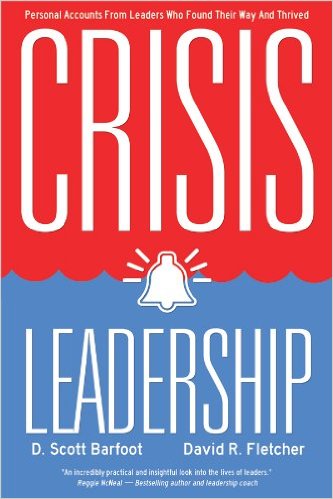
America at the Crossroads: Explosive Trends Shaping America’s Future and What You Can Do about It
George Barna
Today’s Most Troubling Trends about Faith and Culture in America
We live in a tumultuous time. Upheavals and reversals in culture, popular opinion, morality, race relations, socioeconomic status, and so much more have entire generations feeling off balance or out of touch. How do we keep pace with the breathtaking rate of change in our society when we can hardly find time to keep up with our racing newsfeeds? And in the face of such enormous cultural forces, is there anything we can do to help shape our culture?
With America at the Crossroads, bestselling author and cultural analyst George Barna turns his researcher’s eye on the most significant trends of our moment in history, compiling and distilling the most salient information for busy readers who want to shape culture rather than allow it to shape them. Anyone who has felt overwhelmed by our swiftly changing times will appreciate Barna’s extensive research and his “bottom line” approach.

Rich Birch Unreasonable Churches: 10 Churches Who Zagged When Others Zigged and Saw More Impact Because of It
Rich Birch
In an era when 94% of churches are losing ground against the growth of the communities they serve, there is a new breed of churches who buck the trend.
Unreasonable Churches tells to stories of 10 churches who stopped copying the models of other churches and tried something new. You’ll be inspired to consider how your church could see great impact by blazing new trails!
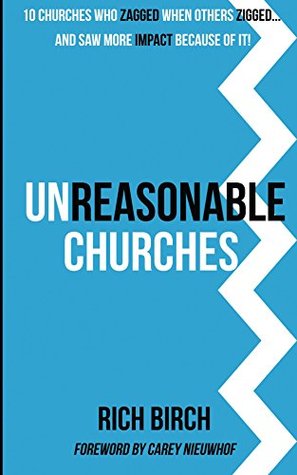
Thriving in the Second Chair
Mike Bonem
Serving in paid and unpaid capacities, including laity, ordained clergy, bivocational, licensed local pastors and other ministry leaders, second chair leaders play a critical role in churches across the world; yet they are not the lead or senior pastor. They are “the boss” to many yet are not ultimately in charge, leading many second chair leaders into frustration rather than joy and grace.
Author Mike Bonem’s Thriving in the Second Chair, a follow up to Leading from the Second Chair, emerged from his own journey as a second chair leader and offers a map of the “springs” that enable second chair leaders to thrive rather than just survive. Bonem points readers beyond their external circumstances to the ways they can act and think differently, highlighting ten key factors that will help second chair leaders to experience lives and ministries that are fulfilling, vital, and sustainable.
Thriving in the Second Chair is a practical, relevant, and thoughtfully crafted resource for those leading a ministry beyond their control, laying the groundwork for them to find refreshment and vitality in their life and ministry.
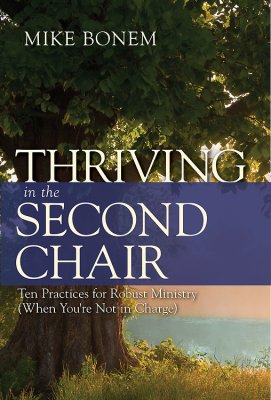
The Power of the Other: The startling effect other people have on you, from the boardroom to the bedroom and beyond-and what to do about it
Henry Cloud
An expert on the psychology of leadership and bestselling author of Integrity, Necessary Endings, and Boundaries For Leaders identifies the critical ingredient for personal and professional wellbeing.
Most leadership coaching focuses on helping leaders build their skills and knowledge and close performance gaps. These are necessary, but not sufficient. Using evidence from from neuroscience and his work with leaders, Dr. Cloud shows that the best performers draw on another vital resource: personal and professional relationships that fuel growth and help them surpass current limits.
Popular wisdom suggests that we should not allow others to have power over us, but the reality is that they do, for better or for worse. Consider the boss who diminishes you through cutting remarks versus one who challenges you to get better. Or the colleague who always seeks the limelight versus the one who gives you the confidence to finish a difficult project. Or the spouse who is honest and supportive versus the one who resents your success. No matter how talented, intelligent, or experienced, the greatest leaders share one commonality: the power of the others in their lives.
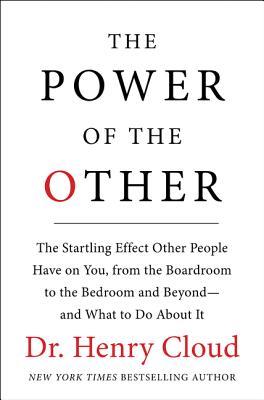
The Other Side of Leadership: Understanding the Forgotten, Lesser-Known Side of Leading a Ministry
Rob Curry
Get ready to embark on an expedition with a fresh approach to leadership. You will discover contributing factors that may be slowing, stopping, or even reversing progress in your church, ministry, or organization.
The Other Side of Leadership takes you beyond the standard concepts to lesser-understood approaches to enhance effectiveness and avoid pitfalls.
You will learn about the three aspects of the Other Side of Leadership that will equip you with:
Strategies for highly effective thinking, both individually and corporately, to gain and handle truth accurately and holistically.
Skills to understand and connect with people to unite leaders and followers toward a common cause.
A course of action to successfully follow through on plans with maturity and tenacity.

The Imperfect Pastor: Discovering Joy in Our Limitations through a Daily Apprenticeship with Jesus
Zack Eswine
Pastors aren’t superheroes–they have fears and limitations just like everyone else. Zack Eswine knows this from personal experience and has a wealth of wisdom to offer those who feel like they don’t measure up. Written in a compelling memoir style, The Imperfect Pastor is full of insightful stories and theological truths that show how God works unexpectedly through flawed people.
By talking honestly about the failure, burnout, pain, and complexities that come along with church ministry, Eswine helps pastors accept their human limitations and experience the freedom of trusting God’s plan for their church and life.

People Patterns: Discovering Giftedness in the Sunlight and Shadow of Relationship
David Fletcher
There are Five People Patterns of how we talk to ourselves and relate to others. We all have Sunlight and Shadow in our lives. Artists and great authors have painted pictures with oils and words to show the light and dark in human relationships. Rembrandt van Rijn, the great Dutch artist, often painted using a strong light source, creating deep shadows on his subject. Some of the uniqueness that is you is easy to see. Another part of you is much harder to understand.
To see our Sunlight and Shadows, we can use the Five People Patterns: Mentor—coach and develop others; Administrator—set rules for successful living; Catalyst—spur others on to new levels of success; Relational—bring harmony and compassion to others; Overseer—keep people on track and organized. As sunlight falls on you, others can easily see who you are. In deep shadows, it is far harder for others to see you. In the same way, we reflect our personality to others in the Sunlight Pattern. In the sunlight we show our strengths for all to see. Our Shadow contains our weaknesses and limitations, things that are awkward or harder for us to do. In the bright sunlight we see our strengths and in the shadows we see our limitations. Sunlight and Shadow form the People Pattern.

Designed to Lead: The Church and Leadership Development
Eric Geiger & Kevin Peck
Many churches do not develop leaders intentionally and consistently. When leaders emerge from some churches, it is often by accident. Something is missing. Something is off.
Authors Eric Geiger (author of bestselling Simple Church and Creature of the Word) and Kevin Peck argue that churches that consistently produce leaders have a strong conviction to develop leaders, a healthy culture for leadership development, and helpful constructs to systematically and intentionally build leaders. All three are essential for leaders to be formed through the ministry of a local church.
From the first recordings of history God has made it clear that He has designed creation to be led by His covenant people. More than that, He has decided what His people are to do with that leadership. Whether you are called to lead your home, in the marketplace, in God’s church, or in your community, if you are called by God you are called to lead others to worship the glory of God in Jesus Christ.
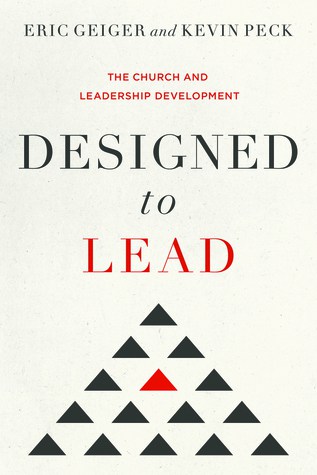
The Ideal Team Player: How to Recognize and Cultivate The Three Essential Virtues
Patrick Lencioni
In his classic book, The Five Dysfunctions of a Team, Patrick Lencioni laid out a groundbreaking approach for tackling the perilous group behaviors that destroy teamwork. Here he turns his focus to the individual, revealing the three indispensable virtues of an ideal team player.
In The Ideal Team Player, Lencioni tells the story of Jeff Shanley, a leader desperate to save his uncle’s company by restoring its cultural commitment to teamwork. Jeff must crack the code on the virtues that real team players possess, and then build a culture of hiring and development around those virtues.
Beyond the fable, Lencioni presents a practical framework and actionable tools for identifying, hiring, and developing ideal team players. Whether you’re a leader trying to create a culture around teamwork, a staffing professional looking to hire real team players, or a team player wanting to improve yourself, this book will prove to be as useful as it is compelling.
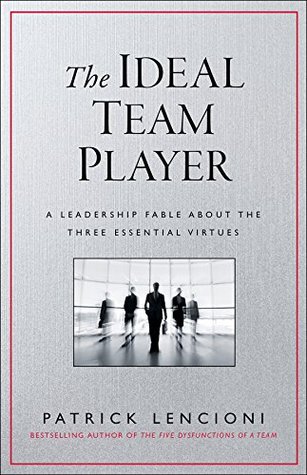
Be Mean About the Vision: Preserving and Protecting What Matters
Shawn Lovejoy
Almost every organization has a vision. Few ever accomplish it. Even after short-term success in it, fewer stay true to it over time. Be Mean: Relentlessly Protecting the Vision is about regaining or sustaining the trajectory of the vision over time. It’s about staying true to the vision. Lovejoy explains that this requires understanding the importance of vision, developing a vision we’re willing to die for, and keeping the vision from being compromised or even hijacked.
Though many books have been written on the subject of developing mission or vision statements, there have been few written on how to sustain or protect the vision over time. Shawn has dealt with hundreds of leaders in ministry and has seen countless struggle with keeping everyone on board with the mission and how to align the rest of the organization with the vision. Shawn Lovejoy walks the church leader through the experiences that have taught him to Be Mean, and shows us a strategy of Relentlessly Protecting the Vision.
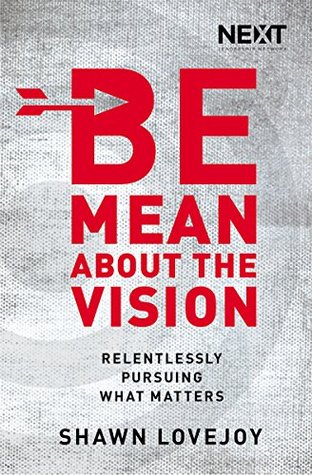
Streamline: How To Create Healthy Church Systems
Michael Lukaszewski
You are confident of your calling. You are leading a church with an important mission. You’ve got a carefully worded vision statement, a set of core values, and leaders who say they want to make it happen.
But does it feel like you’re not making any real progress? Does it feel like you’re stuck solving the same problems over and over again? Does it seem that you’re always talking about potential, or tomorrow, or after the next hire?
After twenty years in ministry, I’ve learned that passion isn’t enough.
You can have a clear mission, but without organization you won’t get everyone moving in the right direction. You can preach the vision, but if you don’t have a clear path ready for people, your vision talk will be just talk.
I bet you don’t have a mission problem, or a facility problem, or even a volunteer problem. I know it’s trendy to talk multi-site, and popular to run a 40 day campaign. New service times, new programs, and new websites are like candy that captures attention in the checkout aisle.
But it’s likely these aren’t the issues holding you back. You can start new services and hire a branding company to create a new website, and in three years from now you’ll likely be in the same place.
That’s because you’re knee deep in a system problem.

Good Faith: Being a Christian When Society Thinks You’re Irrelevant and Extreme
Gabe Lyons and Dave Kinnaman
Many Christians today feel overwhelmed as they try to live faithfully in a culture that seems increasingly hostile to their beliefs. Politics, marriage, sexuality, religious freedom–with an ever-growing list of contentious issues, believers find it harder than ever to hold on to their convictions while treating their friends, neighbors, coworkers, and even family members who disagree with respect and compassion. This isn’t just a problem that affects individual Christians; if left unaddressed, the growing gap between the faithful and society’s tolerance for public faith will have lasting consequences for the church in America.
Now the bestselling authors of “unChristian” turn their data-driven insights toward the thorny question of how Christians talk with people they know and love about the most toxic issues of our day. They help today’s disciples understand what they believe and why, and how to keep believing it without being judgmental and defensive. Readers will discover the most significant trends that offer both obstacles and opportunities to God’s people, and how not only to challenge culture but to create and renew it for the common good. Perhaps most importantly, David Kinnaman and Gabe Lyons invite fellow Christians to understand the heart behind opposing views and show them how to be loving, life-giving friends despite profound differences. This will be the go-to book for young adult and older believers who don’t want to hide from culture but to engage and restore it.

God Dreams: 12 Vision Templates for Finding and Focusing Your Church’s Future
Will Mancini
You are a visionary leader and your church probably has a vision statement. Yet most churches are stuck in a trap of generic communication without a truly visionary plan. Just like a visionary restaurant needs a more specific focus than “serving food,” a visionary church needs something more than biblical generalizations like “loving God, loving people” or “making disciples and serving the world.”
When a team doesn’t share an understanding of God’s next big dream, leadership grows tired, overworked by an “all things to all people” ministry approach. Too often there’s no unified picture of what success looks like. People can feel uninspired and your church’s programming can seem more optional than ever.
Ministry without clarity is insanity. Are you ready for a better way?
In this groundbreaking work, based on Will Mancini’s 15 years and over 10,000 hours of church team facilitation, God Dreams reveals a simple and powerful planning method that will bring energy and focus to your church like never before.

Lasting Impact: 7 Powerful Conversations That Will Help Your Church Grow
Carey Nieuwhof
You’ve probably noticed … Churches aren’t growing. Young adults are walking away. Volunteers are hard to recruit. Leaders are burning out. And the culture is changing faster than ever before. There’s no doubt the church is in a moment in history for which few church leaders are prepared. You can look for answers, but the right response depends on having the right conversation. In Lasting Impact, Carey Nieuwhof leads you and your team through seven conversations that will help your church grow and have a lasting impact. What if …
- Having the right conversations could change your trajectory?
- There was more hope than you realized?
- The potential to grow was greater than the potential to decline?
- Your community was waiting for a church to offer the hope they’re looking for?
- Your best days as a church were ahead of you?
Maybe the future belongs to the churches that are willing to have the most honest conversations at a critical time. That’s what Lasting Impact is designed to facilitate.
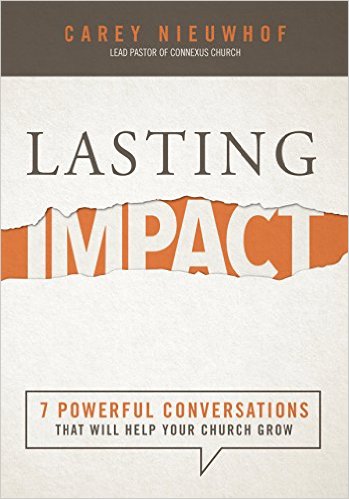
Autopsy of a Deceased Church: 12 Ways to Keep Yours Alive
Thom S. Rainer
No one wants to see a church die. And yet, far too many churches are dying. For more than twenty-five years, Dr. Thom Rainer has helped churches grow, reverse the trends of decline, and has autopsied those that have died. From this experience, he has discovered twelve consistent themes among those churches that have died. Yet, it’s not gloom and doom because from those twelve themes, lessons on how to keep your church alive have emerged.
Whether your church is vibrant or dying, whether you are a pastor or a church member, Autopsy of a Deceased Church will walk you through the radical paths necessary to keep your church alive to the glory of God and advancement of Christ’s Kingdom!

I Will: Nine Traits of the Outwardly Focused Christian
Thom S. Rainer
Could you be the answer to the problems you see? Every day we are faced with the needs of those around us. Emotional. Physical. Spiritual. What are we to do about it? Are these problems for our pastors to address or is there a way for the church member to make an impact that will last? Bestselling author Thom S. Rainer answers these questions by offering nine simple traits that you can incorporate into your life no matter your background, stage of life, or sense of capability. You can do it. Now it’s time to just stand up and say you will!

Who Moved My Pulpit?: Leading Change in the Church
Thom Rainer
Who Moved My Pulpit? may not be the exact question you’re asking. But you’re certainly asking questions about change in the church—where it’s coming from, why it’s happening, and how you’re supposed to hang on and follow God through it—even get out ahead of it so your church is faithfully meeting its timeless calling and serving the new opportunities of this age.
Based on conversations with thousands of pastors, combined with on-the-ground research from more than 50,000 churches, best-selling author Thom S. Rainer shares an eight-stage roadmap to leading change in your church. Not by changing doctrine. Not by changing biblical foundations. But by changing methodologies and approaches for reaching a rapidly changing culture.
You are the pastor. You are the church staff person. You are an elder. You are a deacon. You are a key lay leader in the church. This is the book that will equip you to celebrate and lead change no matter the cost.
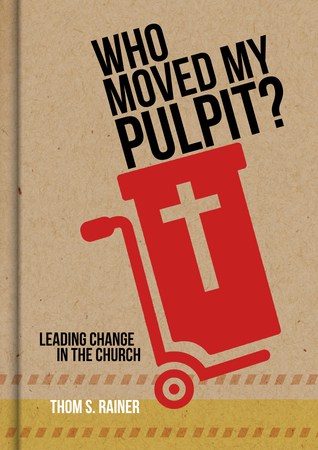
Defining the Executive Pastor Role
Phil Taylor
What is an Executive Pastor? Are you wired to be an XP? How is an XP different than an Associate Pastor? Should XP’s have a degree in pastoral ministry, business, or both? Does your church need an XP? What should a church look for in seeking to fill this often overlooked, undervalued, yet critical position? These and other questions are the focus of this short work on defining the Executive Pastor Role. Written with a brevity designed to allow you to read or skim quickly, you’ll still find enough depth to provide meaningful direction and insight. Current and future XP’s should read this book for definition. Potential XP’s should read this book to clarify their calling. And church leaders considering hiring an XP should read this book before beginning their search.
